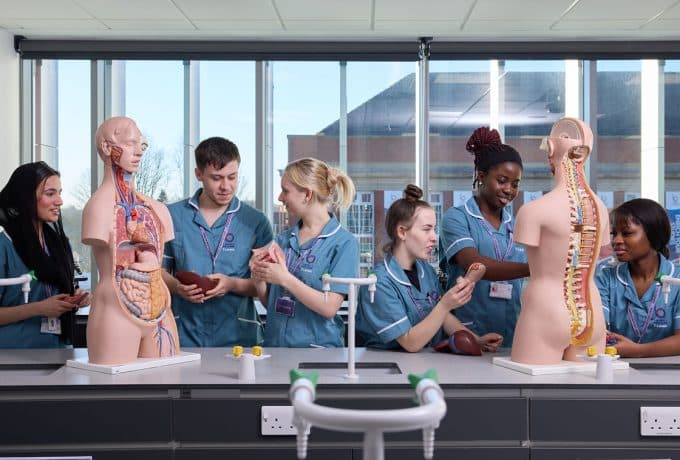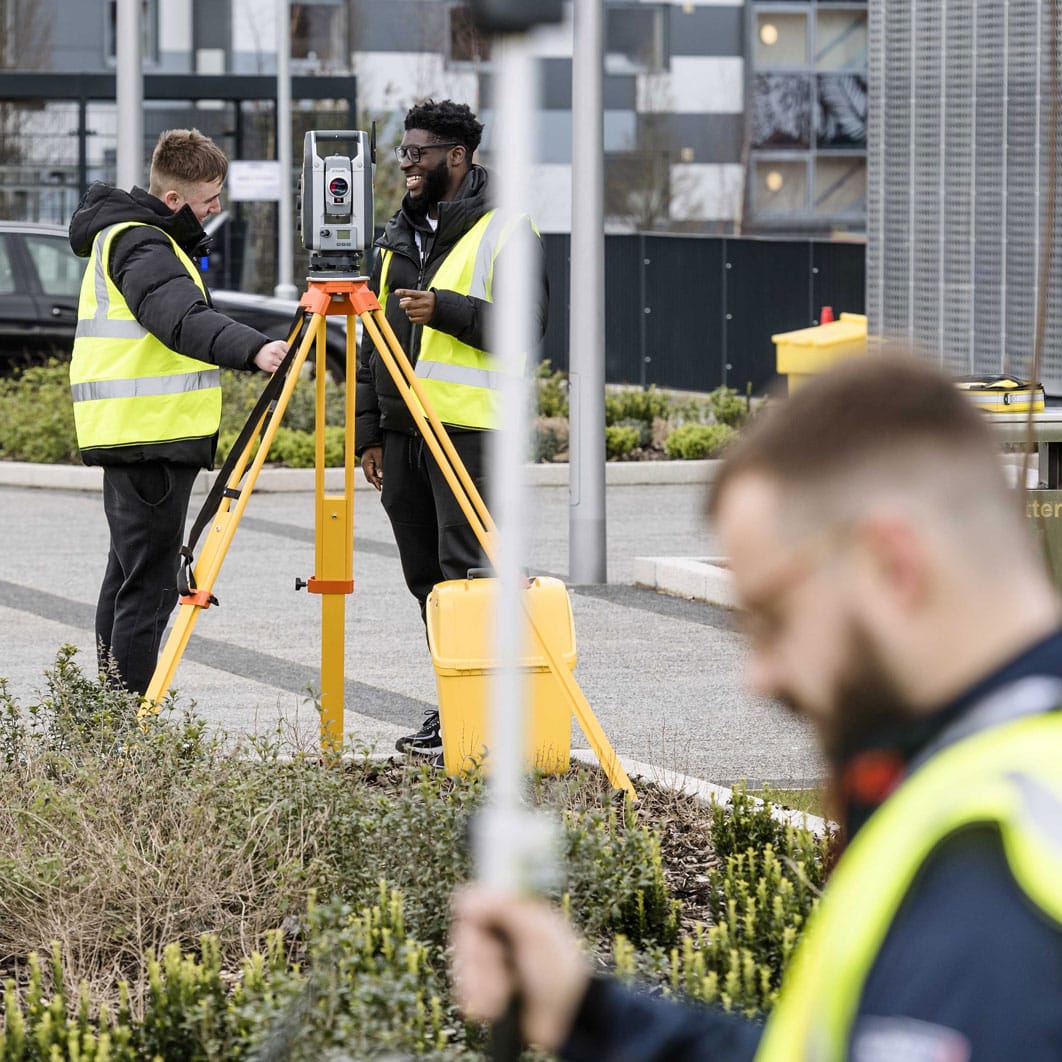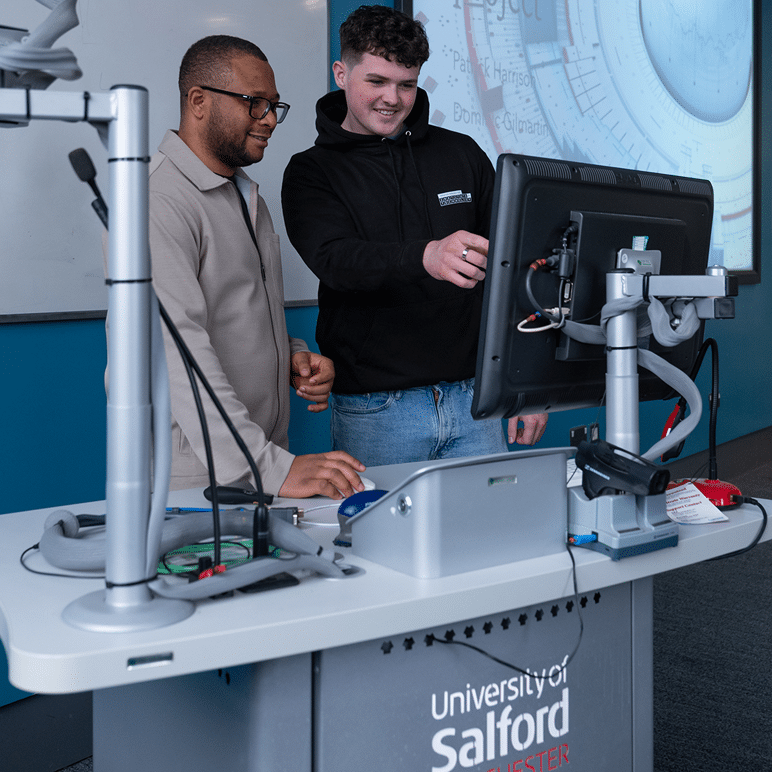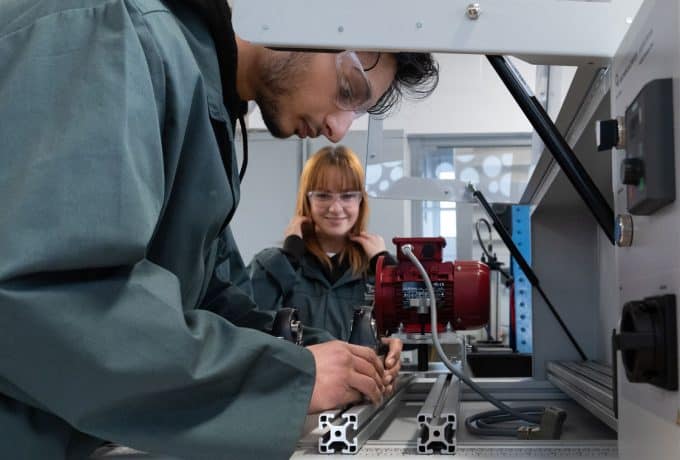
Construction & the built environment
Construction is all about how something is built, including planning, design, project management, assembly and installation of the structure or infrastructure itself.
The built environment will influence a sustainable, ‘green construction future’. The future of construction will create more with less and ensure more efficient, sustainable outcomes. The next wave of jobs, careers and building projects in the construction sector will be digital and high-tech. There is a growing need to reduce carbon footprint, waste generation and energy consumption, while enhancing environmental and social outcomes.
The construction sector employs 54,000 people in Greater Manchester and generates a gross value of £3bn. There is potential for an additional 19,000 jobs in the construction sector by 2035.

Common tasks in this industry
- Planning: draws up budgets and timescales for new construction projects based on clients’ requirements
- Quality control: inspect and assess quality of work, make adjustments or repairs and report issues or deficiencies
- Collaboration: work with tradespeople, contractors and supervisors to ensure smooth project execution
- Green construction: develop, implement and oversee sustainability strategies and initiatives. For example creating structures with a focus on sustainable development, resource efficiency and environmental protection

Routes of entry
- Level 4 or 5 qualifications – HNCs and HNDs or Foundation Degree
- Higher apprenticeships (Level 4 and 5)
- Degree apprenticeships
- An accredited university degree or equivalent qualification
- Dominic, HNC Construction at The University of Salford“HNC Construction offers an introduction to all aspects of the field, giving you the chance to discover and decide what you want to specialise in.”


